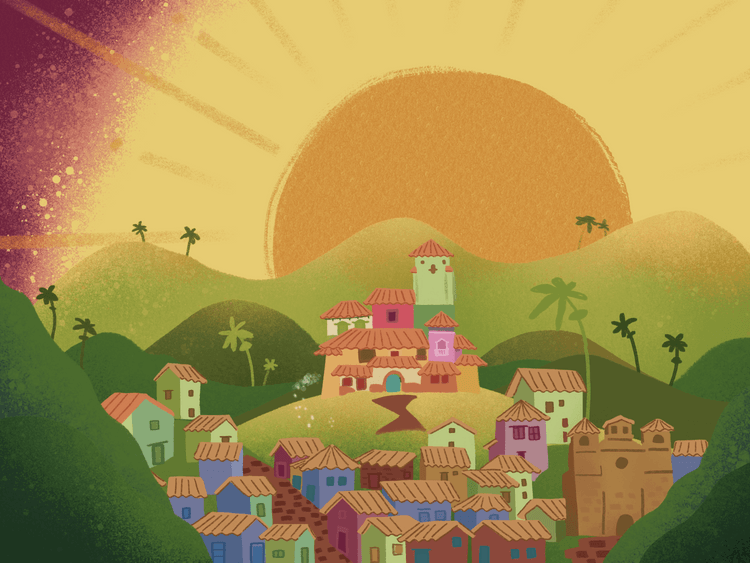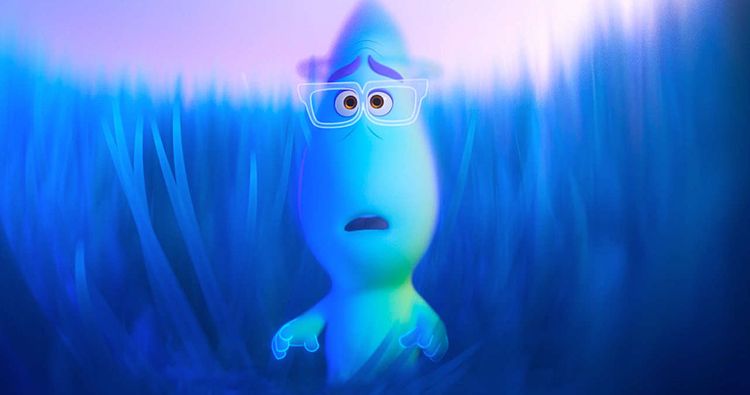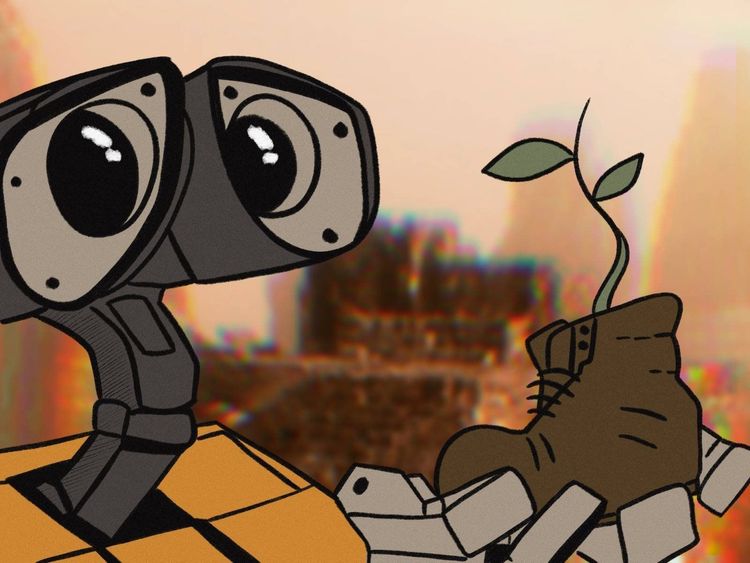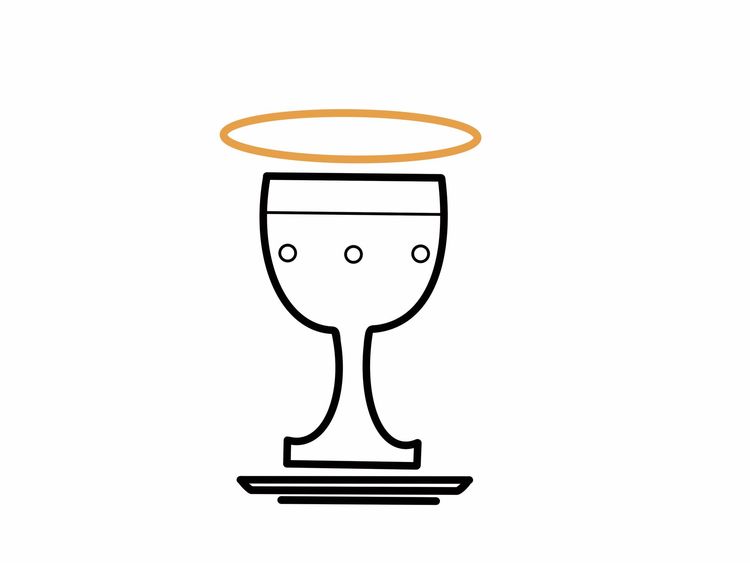Ideas & Culture

“There are these two young fish swimming along and they happen to meet an older fish swimming the other way, who nods at them and says, 'Morning, boys. How’s the water?' And the two young fish swim on for a bit, and then eventually one of them looks at the other and goes, 'What the hell is water?'"
– David Foster Wallace
Culture is the manifestation of a series of assumptions and beliefs. We might say these ideas comprise the cultural air, and we breathe it in every day. It can be hard to see, hard to notice. But just as we’re careful about air quality outside, we want to pay attention to the ideas we breathe.
Let’s take one example. Why are we consumeristic? Because to some degree we believe that happiness can be found in our possessions. Many of us disagree with this assumption when it’s made explicit, but how might we change our purchasing behaviour? It takes a transformation in the underlying beliefs. We need to replace ‘happiness = possessions’ with something else.
To take it one step further, consumerism grows out of a tradition of mass production, which itself grows out of a tradition based on efficiency and the use of ingenuity to generate improvements. When our stance to life consists of our ability to conform the world to our desires, or to take basic resources and generate products in ever increasing quantities, we are more susceptible to consumerism. We make the world do what we want, so why not get more of the stuff we want too?
But we see in history that not everybody has thought this way. What if the good life consists of adapting to the world and not vice versa? This isn’t necessarily true, but the point is that different beliefs can drive us to particular destinations. Maybe we need a better understanding of the world and our place in it. That could include our social nature. Perhaps happiness = relationships.
When it comes to ideas, to foster the best ones and resist the worst, we need to know what they are. This is what Ideas and Culture is all about. It's not about abstract principles or detached ruminations. It's about knowing ourselves and our back-and-forth relationship with culture to help us live well.





Member discussion